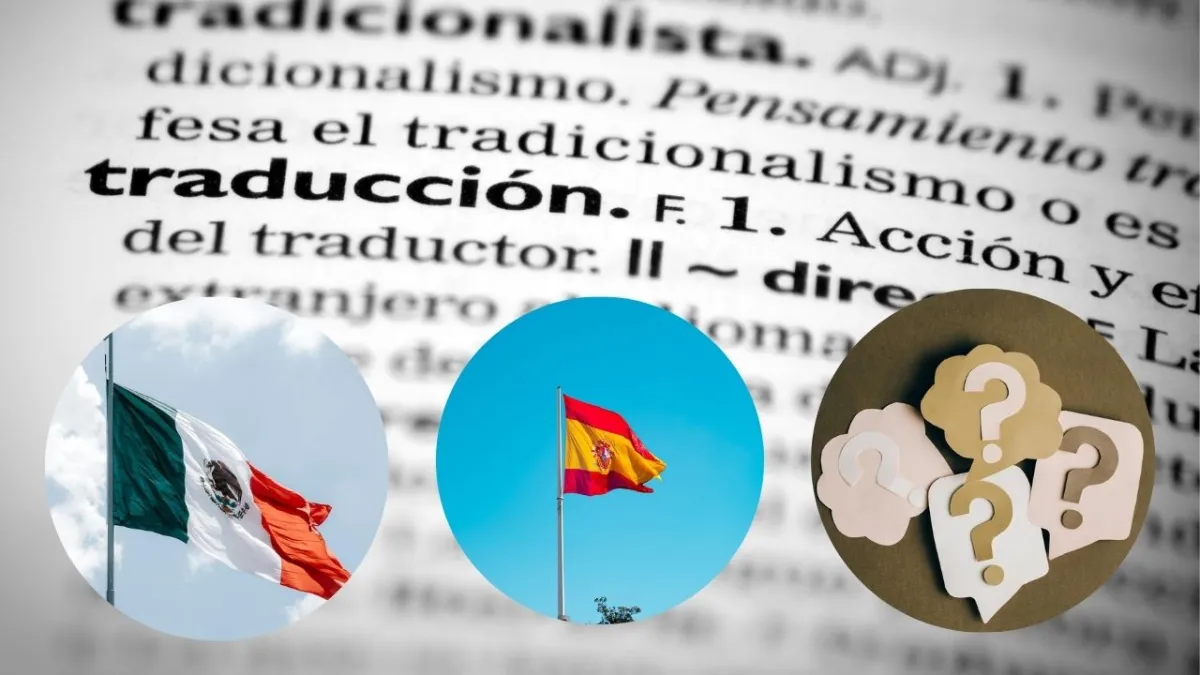
The Spanish language, also known as Castilian, is one of the most spoken languages in the world. Originating in the Castile region of Spain, it has spread globally through colonization and migration, becoming the official or co-official language in 21 countries.
In addition, it is one of the most studied and used languages in international communication, with approximately 580 million speakers around the world. This figure includes both native speakers and those who have learned it as a second language, which underlines the importance and influence of Spanish on a global level.
Spanish is the second most spoken native language in the world, surpassed only by Mandarin. Its presence extends throughout Latin America, Spain, parts of the United States, and some regions of Africa and Asia.
In Latin America, 18 countries have Spanish as their official language, while in Europe, Spain is the only country where Spanish is the official language.
In Africa, Equatorial Guinea also recognizes it as an official language. This wide geographical distribution has given rise to various variants of Spanish, each with its own phonetic, lexical and grammatical characteristics.
>>> Le recomendamos: The 4 languages you will easily master if you speak Spanish
Top 3 of the countries that speak Spanish best
According to an analysis carried out by artificial intelligence, the three countries that speak Spanish best are Colombia, Spain and Mexico. This analysis is based on various criteria, including clarity of pronunciation, lexical richness and grammatical correctness.
3. Mexico
Mexico occupies third place in this ranking. Mexican Spanish is known for its clarity and neutrality, making it easily understandable by speakers of other variants of Spanish. Besides, Mexico is the country with the largest number of Spanish speakers in the world, with more than 130 million people who speak Spanish as their native language.
The influence of Mexican television and cinema has contributed to the spread of this variant of Spanish, causing many Mexican expressions and idioms to be recognized and used in other Spanish-speaking countries.
Spanish in Mexico has been influenced by indigenous languages, which has enriched its vocabulary with unique terms not found in other variants of Spanish. This linguistic diversity is a reflection of the country’s rich cultural heritage, which combines pre-Hispanic and colonial elements.
Photo by Ricky Esquivel and Arturo A on Pexels
2. Spain
Spain, the country of origin of the Spanish language, occupies second place in this ranking. Peninsular Spanish, especially that spoken in the region of Castile, is considered by many to be the standard language due to its history and its influence on linguistic regulations. The Royal Spanish Academy (RAE), based in Madrid, is the institution in charge of ensuring the purity and correct use of Spanish, and its decisions have a significant impact on all Spanish-speaking countries.
The Spanish of Spain is characterized by its distinctive pronunciation, such as the use of the lisp and the hisseo, and by its lexical richness. Furthermore, Spain is a country with great dialect diversity, with regional variants such as Andalusian, Canarian and Catalan, which contribute great richness to the country’s linguistic panorama.

Getty Images – Jessika Arraes on Pexels
Spanish literature, with figures such as Miguel de Cervantes and Federico García Lorca, has had a lasting influence on Spanish-speaking language and culture.
1. Colombia
Colombia occupies first place in this ranking, standing out for the clarity and neutrality of Spanish. Colombian Spanish, especially that spoken in the Andean region, is known for its clear pronunciation and precise grammar.
This variant of Spanish is often used in the media and in language teaching due to its understandability and correctness.
Colombia’s geographical and cultural diversity has given rise to a variety of regional dialects, each with its own distinctive characteristics. However, the Spanish spoken in Bogotá and other Andean cities is considered one of the most neutral and standard, which makes it easier to understand by speakers of other variants of the language.

Getty Images
Furthermore, Colombia has produced a rich literary and cultural tradition, with renowned writers such as Gabriel García Márquez, whose work has contributed to the dissemination and prestige of Colombian Spanish.
Source: https://www.noticiascaracol.com/mundo/ni-espana-ni-mexico-este-es-el-pais-que-mejor-habla-espanol-segun-la-ia-so35


